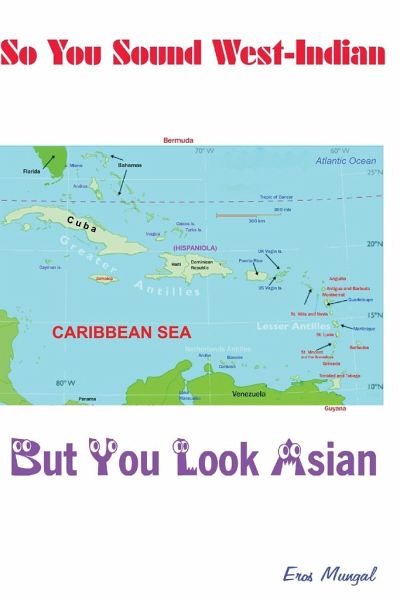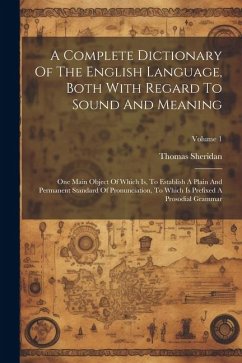
So you sound West Indian (but look Asian)
Versandkostenfrei!
Versandfertig in 1-2 Wochen
17,99 €
inkl. MwSt.

PAYBACK Punkte
9 °P sammeln!
Under colonial rule, India's population provided the British Empire with a ready source of cheap and mobile labourers. Many Indians agreed to become indentured labourers to escape the widespread poverty and famine in the 19th century. Some travelled alone; others brought their families to settle in the colonies they worked in. The demand for Indian indentured labourers increased dramatically after the abolition of slavery in 1834. They were sent, sometimes in large numbers, to plantation colonies producing high value crops such as sugar in Africa and the Caribbean. Christopher Columbus first l...
Under colonial rule, India's population provided the British Empire with a ready source of cheap and mobile labourers. Many Indians agreed to become indentured labourers to escape the widespread poverty and famine in the 19th century. Some travelled alone; others brought their families to settle in the colonies they worked in. The demand for Indian indentured labourers increased dramatically after the abolition of slavery in 1834. They were sent, sometimes in large numbers, to plantation colonies producing high value crops such as sugar in Africa and the Caribbean. Christopher Columbus first landed in the Caribbean in 1492. He found three groups of Indians living on the islands. These were the Arawaks and the Ciboney on the northern larger islands of the greater Antilles, the Bahamas and the Leeward Islands. The Caribs inhabited mainly the Winward islands. It is thought that the original population of Amerindian inhabitants of the West Indies was several million.














